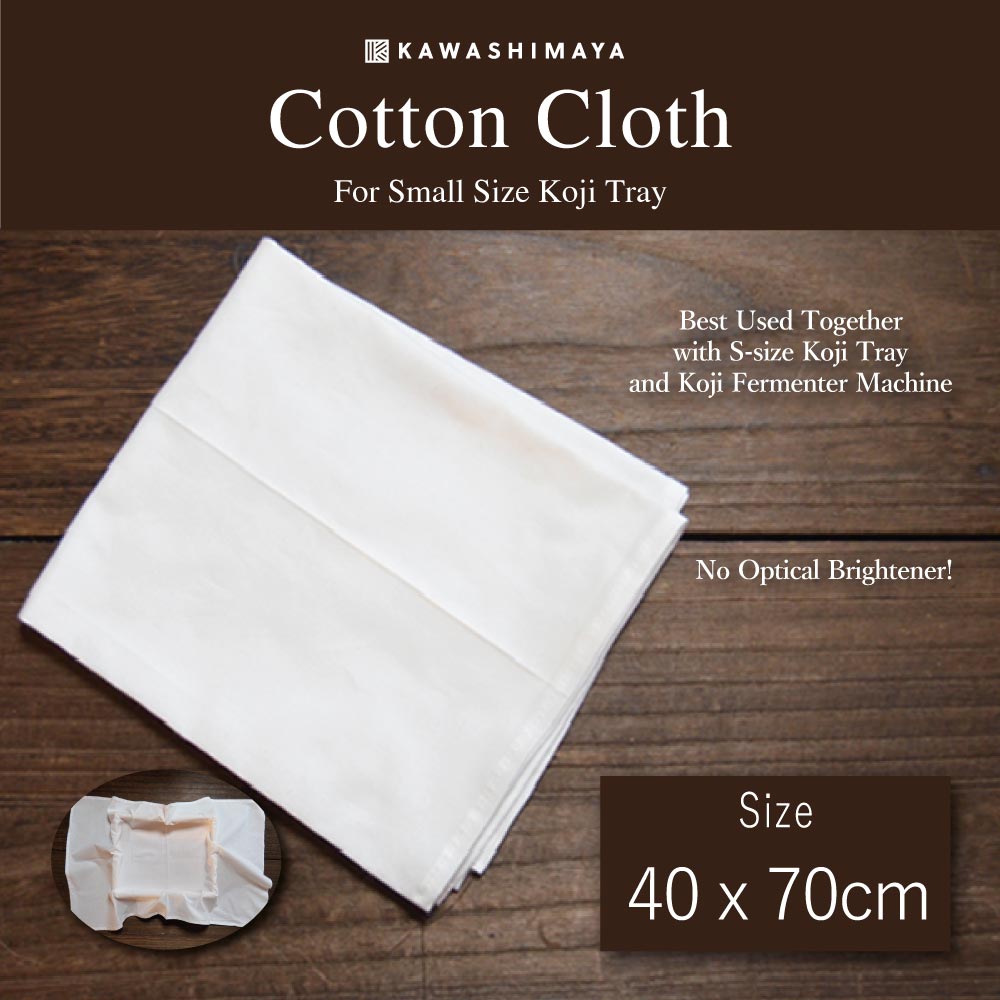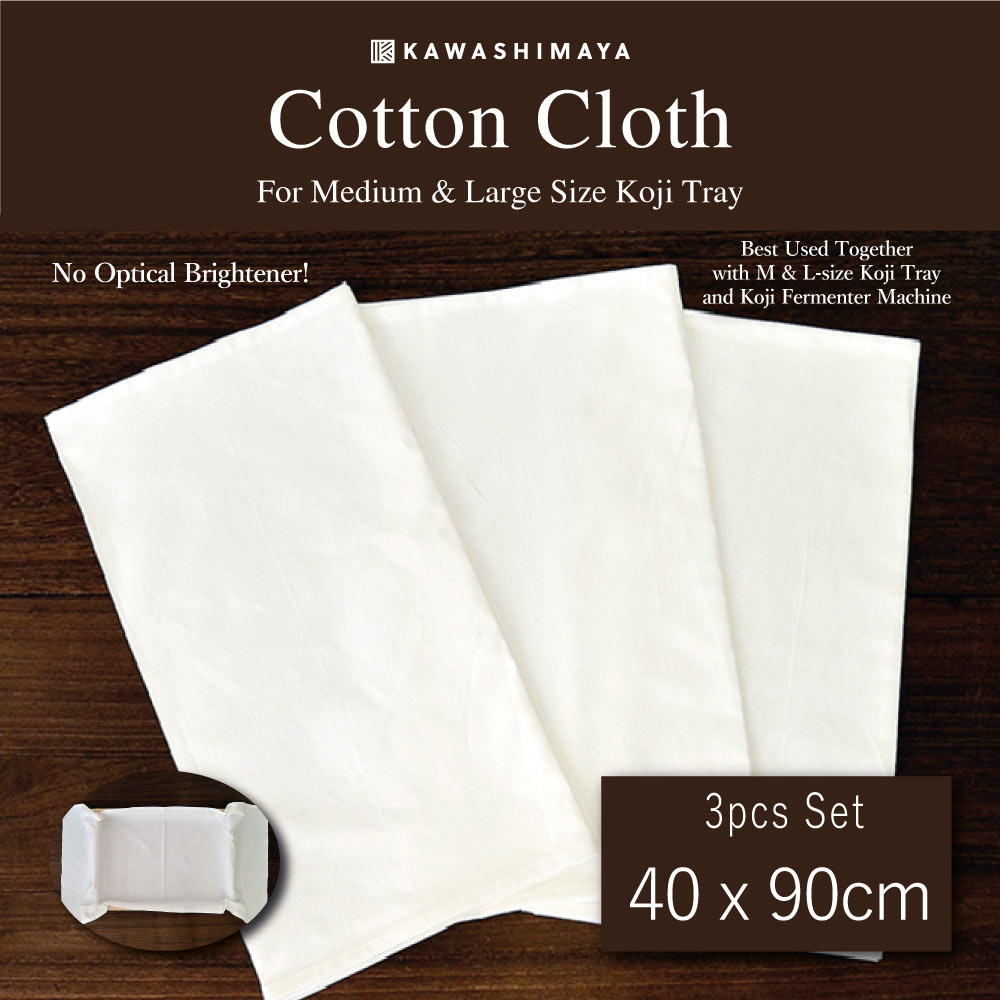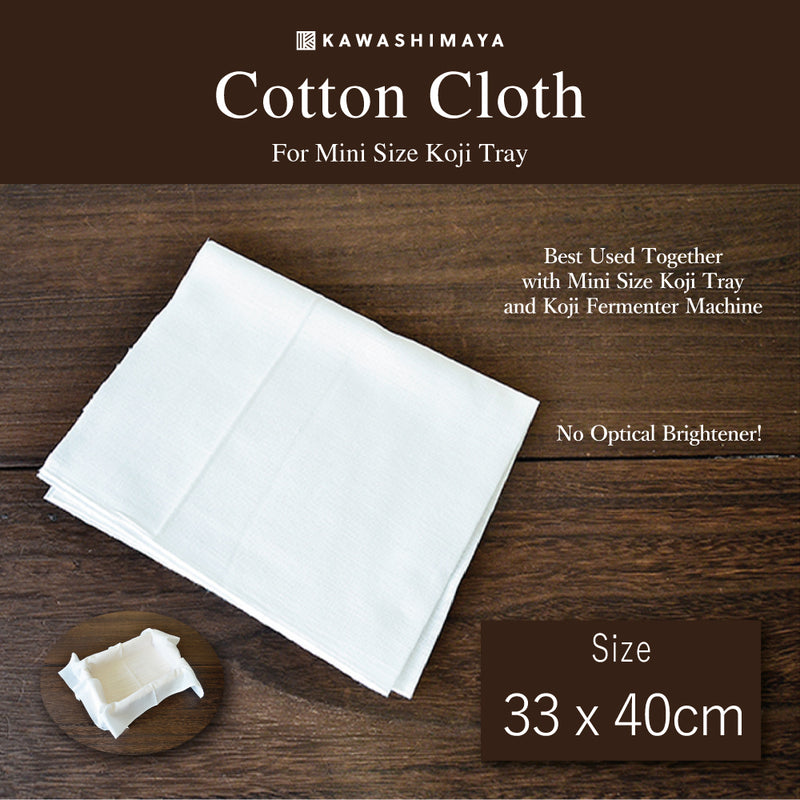
Bleached Cotton Cloth 33 x 40cm For Mini Size Koji Tray - 100% Japanese Cotton
In stock
Fine And High-Quality Bleached Cloth That Utilizes Traditional Techniques
The cloth is smooth and made from high-quality cotton with fine threads. The color can be a little yellowish because it doesn’t use fluorescent dye. Since it’s made from 100% Japanese cotton without optical brightener, it is perfectly safe to use.
Manufactured by Fujiki Cloth Factory in Izumi City, Osaka, the cloth is bleached with a unique traditional technique called ‘Izumi bleaching.’ The product is made to order by Kawashima The Japan Store.
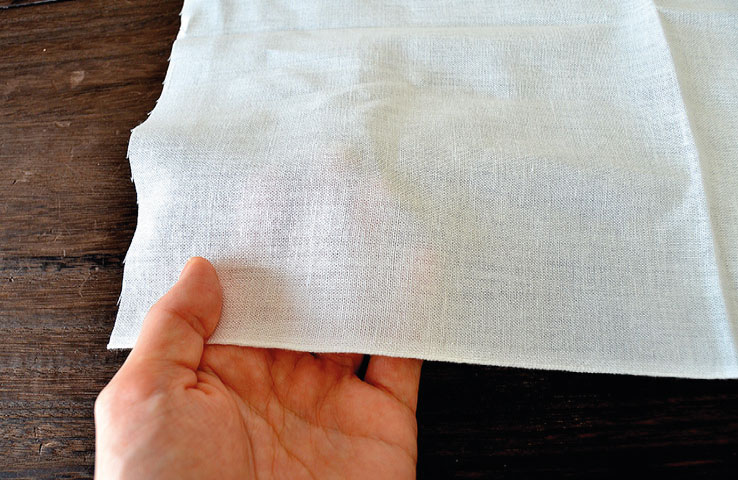
Bleached cotton cloth is a convenient tool for making koji. The material is soft and won’t easily damage food. Feel free to use it to make homemade koji.
The cloth is best used with a 14 x 21.5cm koji tray (wooden tray for koji-making).
Uses Non-fluorescent Japanese cotton
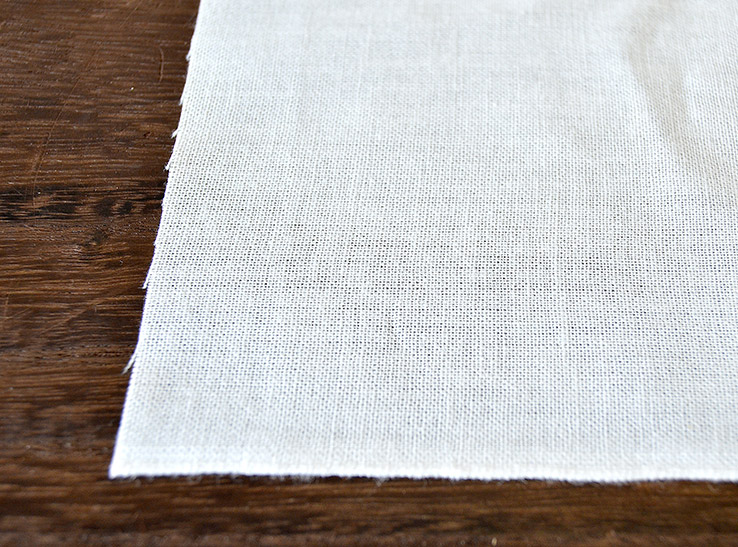
Made from 100% Japanese cotton, it is safe to use. The bleaching process doesn't use optical brightener, a composition that is not safe for cooking. So, the cloth is perfect for making koji.
Compatible with Koji Tray Mini Size or Small Size
This Cotton Cloth is made in a size that matches the Koji Tray Mini Size, or even size S that you can use with the Koji fermenter. You can wrap the koji with this single Cotton Cloth 33 x 40cm. Choose the right size of Koji Tray and Cotton Cloth before making your own koji to produce the perfect one!
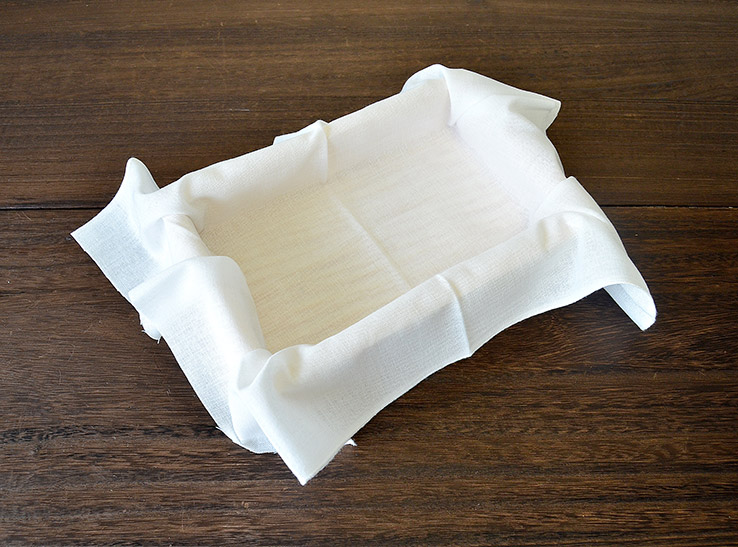
Versatile Cloth: Also Suitable for Cheese Cloth!
Since this cotton cloth is made from 100% cotton which is the same as the main material as cheesecloth, this cotton cloth can be used as a cheesecloth that originally used to drain and wrap curds during the cheese-making process as well. This cotton cloth will perform its function as well as your cheesecloth in general.
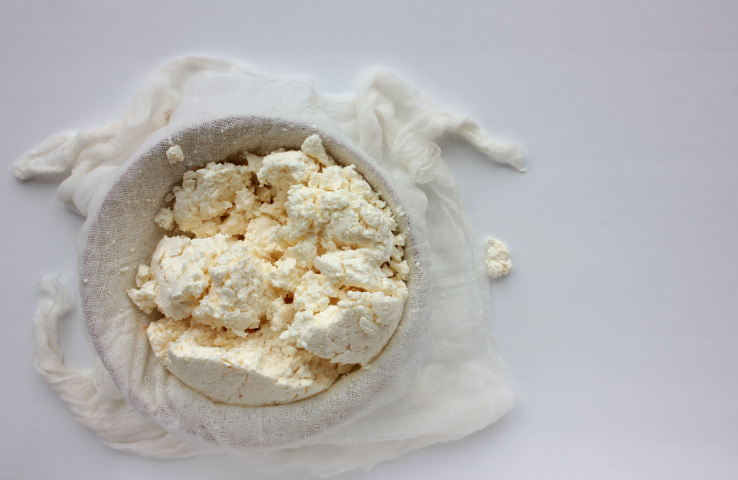
Due to its versatility, it has grown to be used for a variety of food preparation tasks and has become one of the most useful tools you can keep in your kitchen, not only for making koji and cheese. Please use the versatility of this product by all means!
How to Make Rice Koji
In this video, we will explain the steps to making Rice Koji (fermentation starter, Aspergillus oryzae, bred on rice). Rice Koji manufacturer generously hands down this guide. Please feel free to use this as a reference when making Rice Koji.
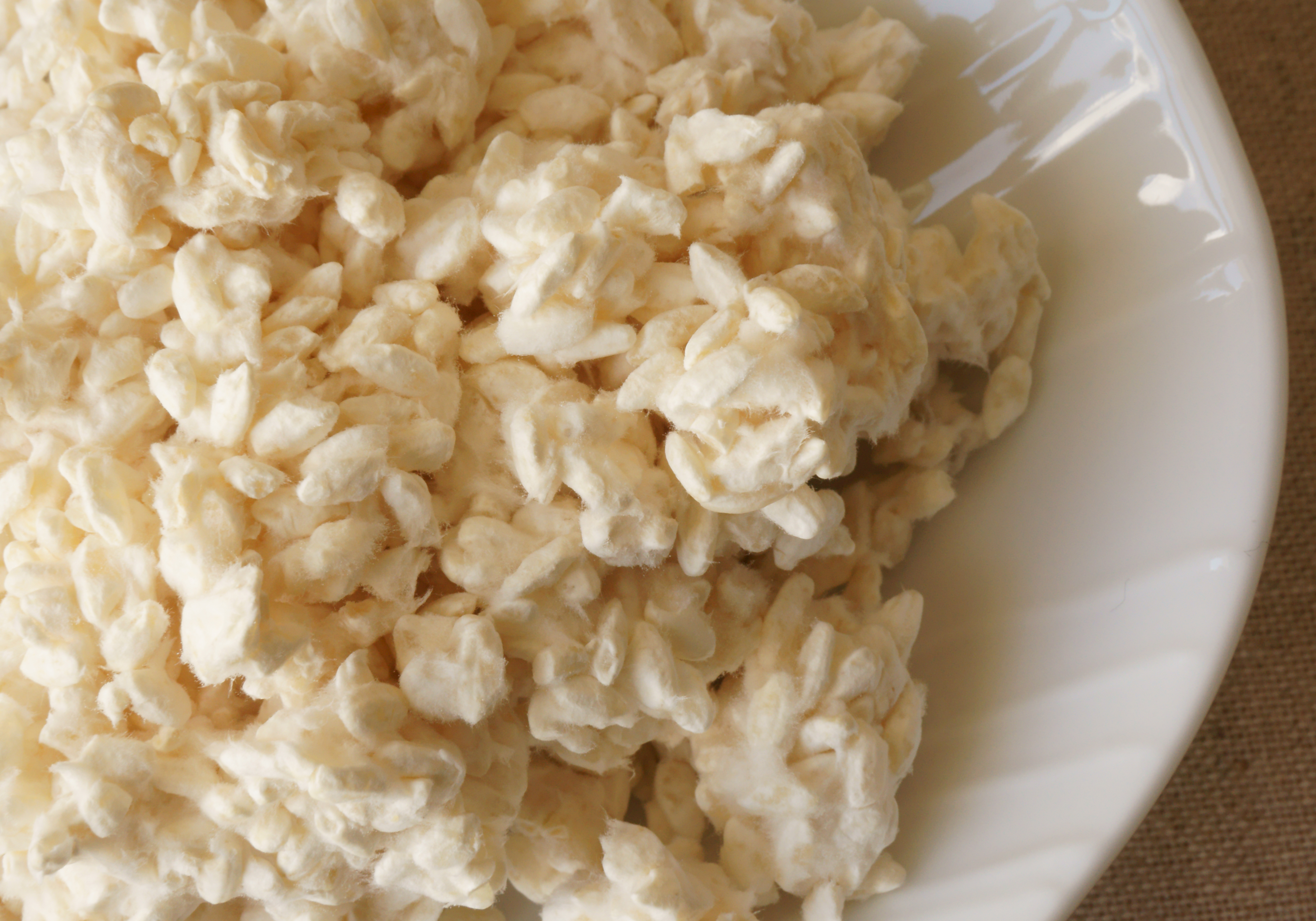
The Amount of Koji Rice And The Amount of Rice to Use
The Amount of Rice
The Amount of Finished Koji Rice (Approximation)
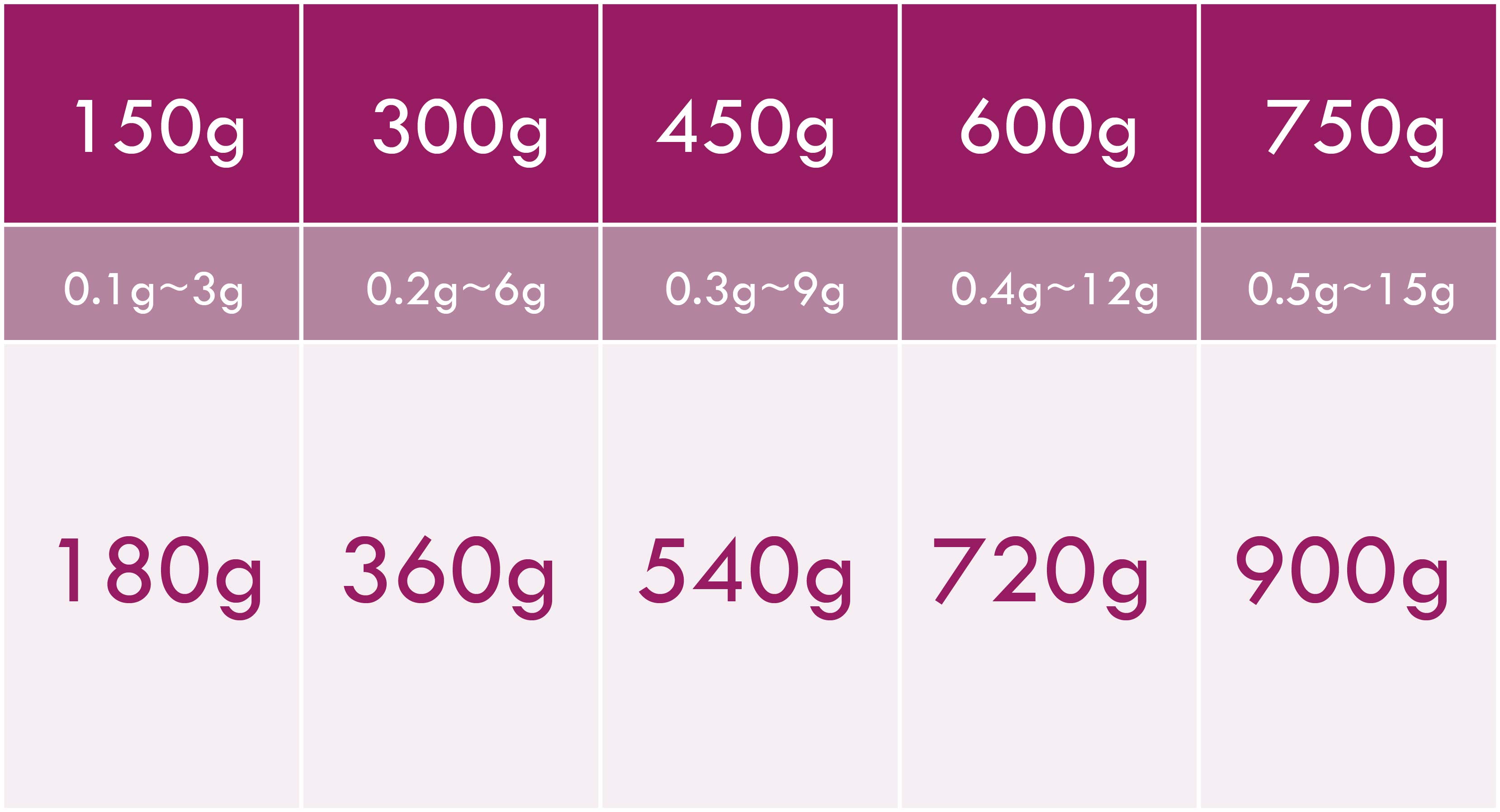
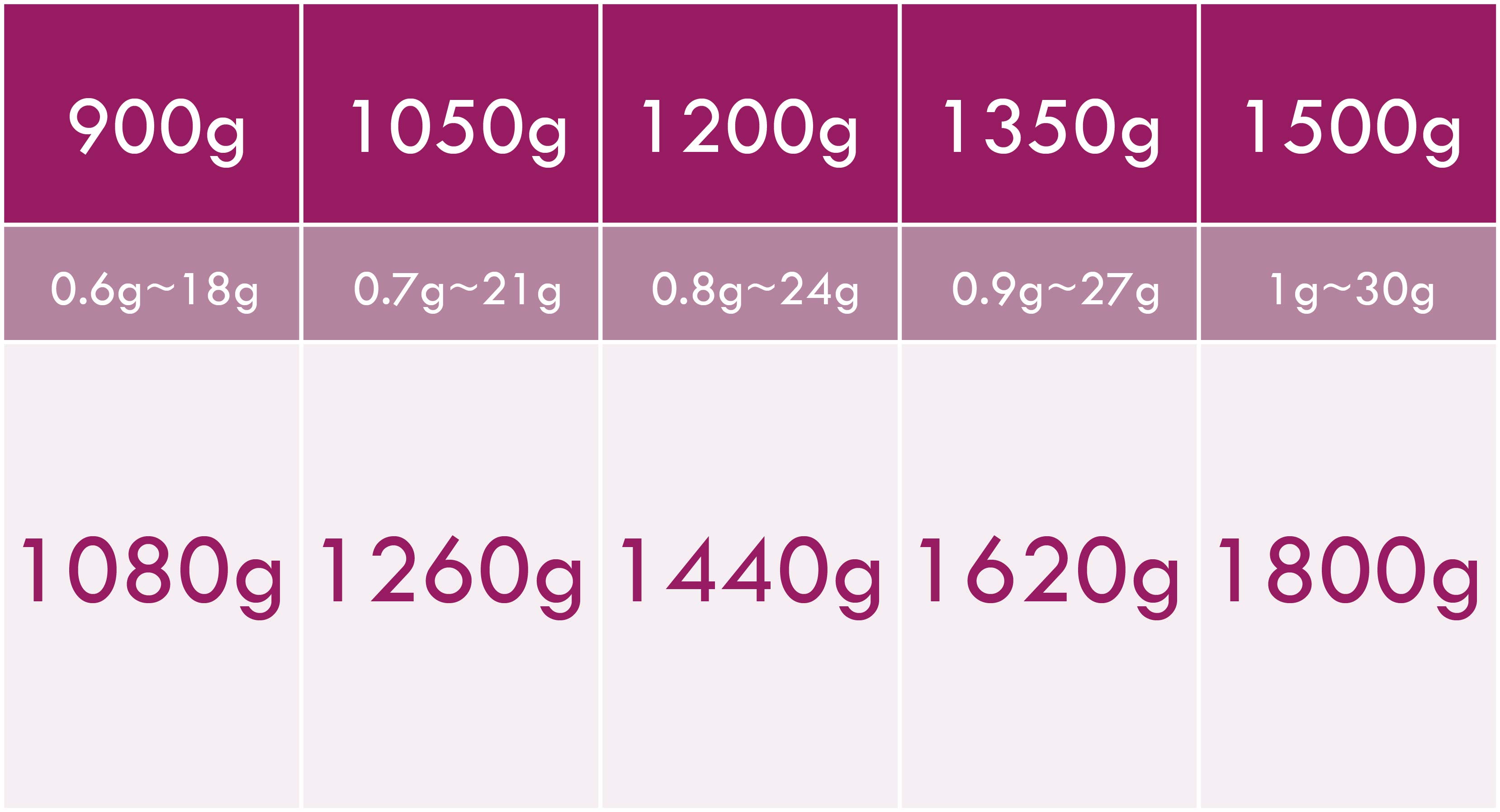
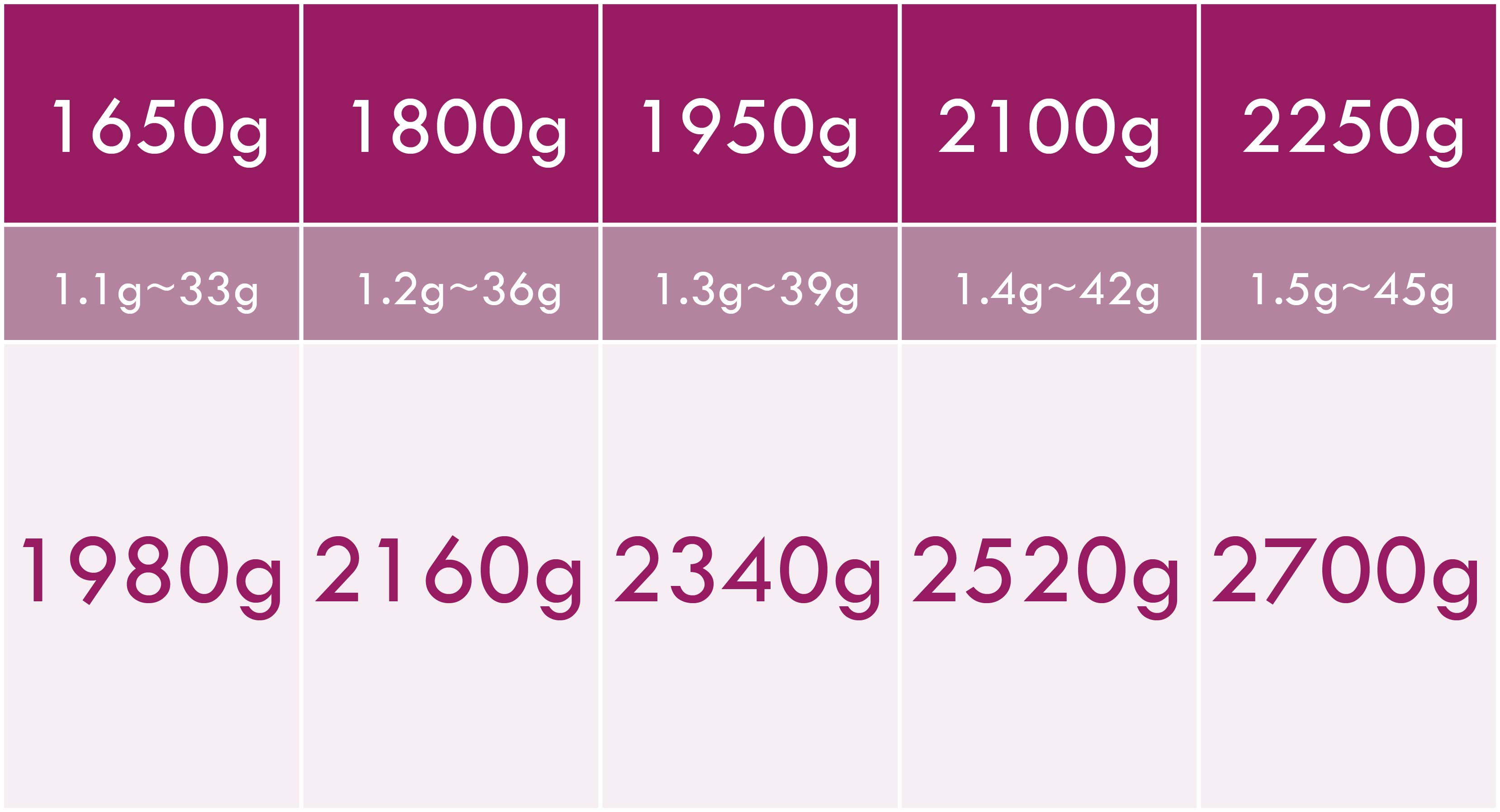
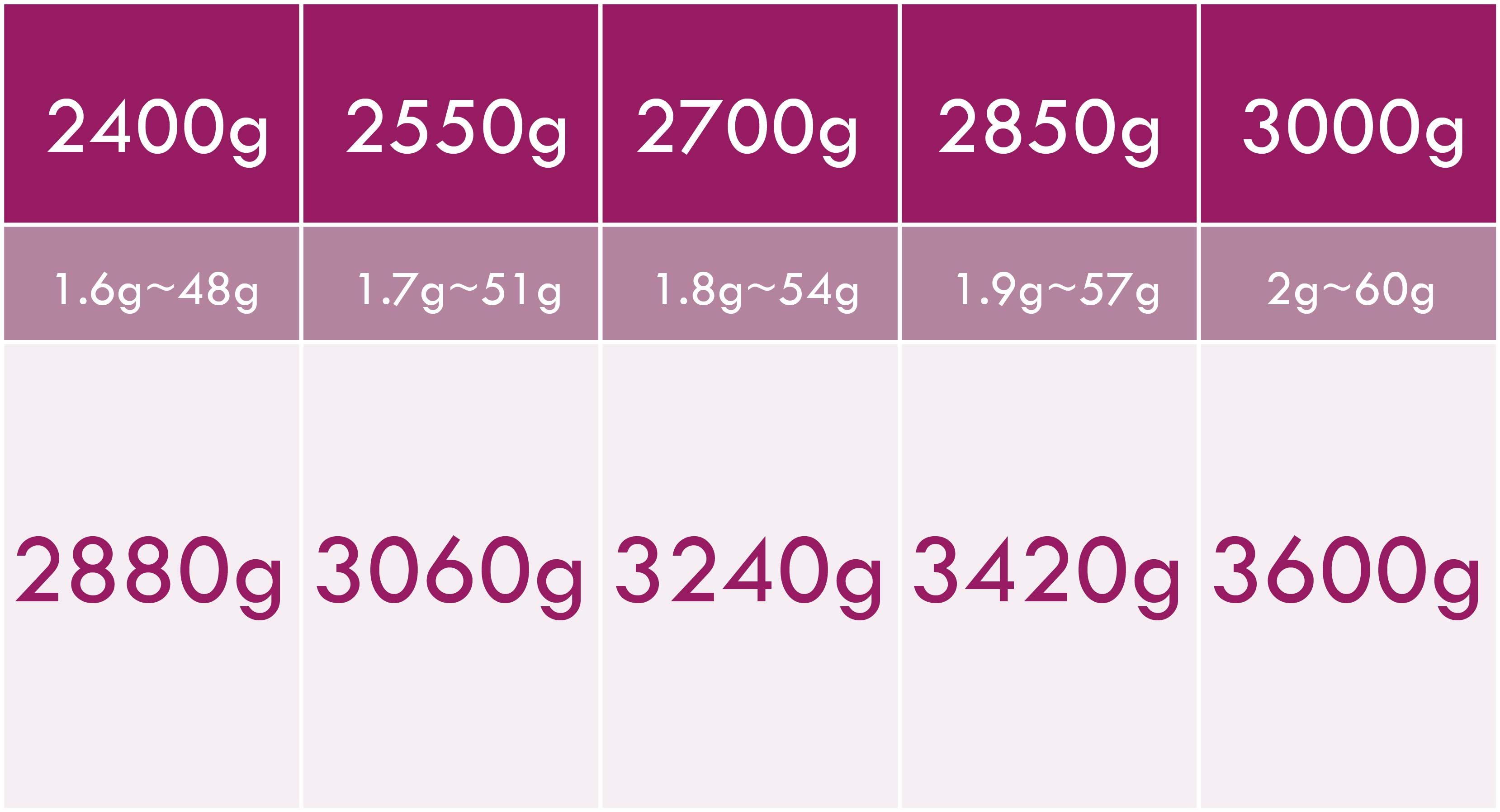
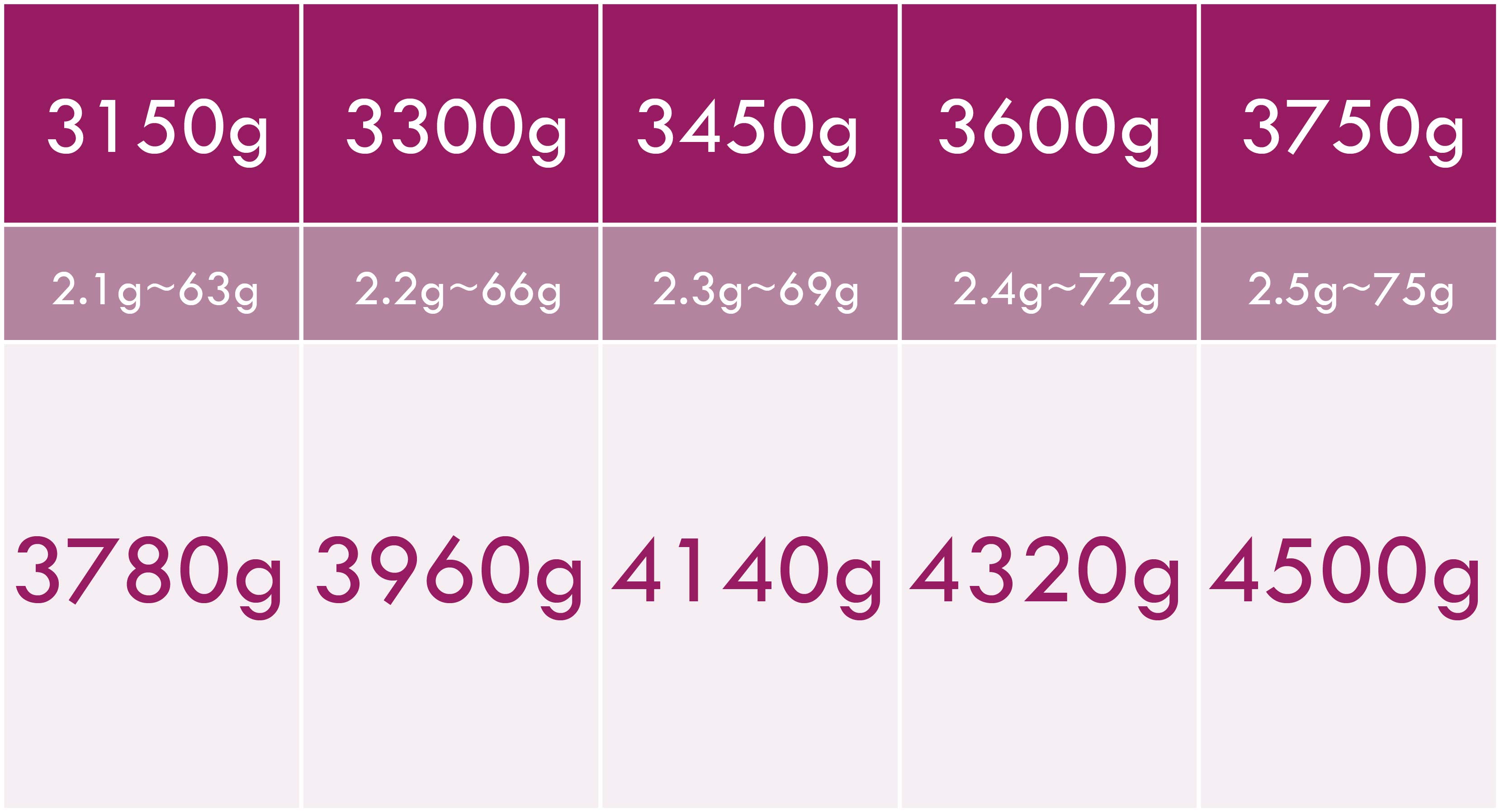
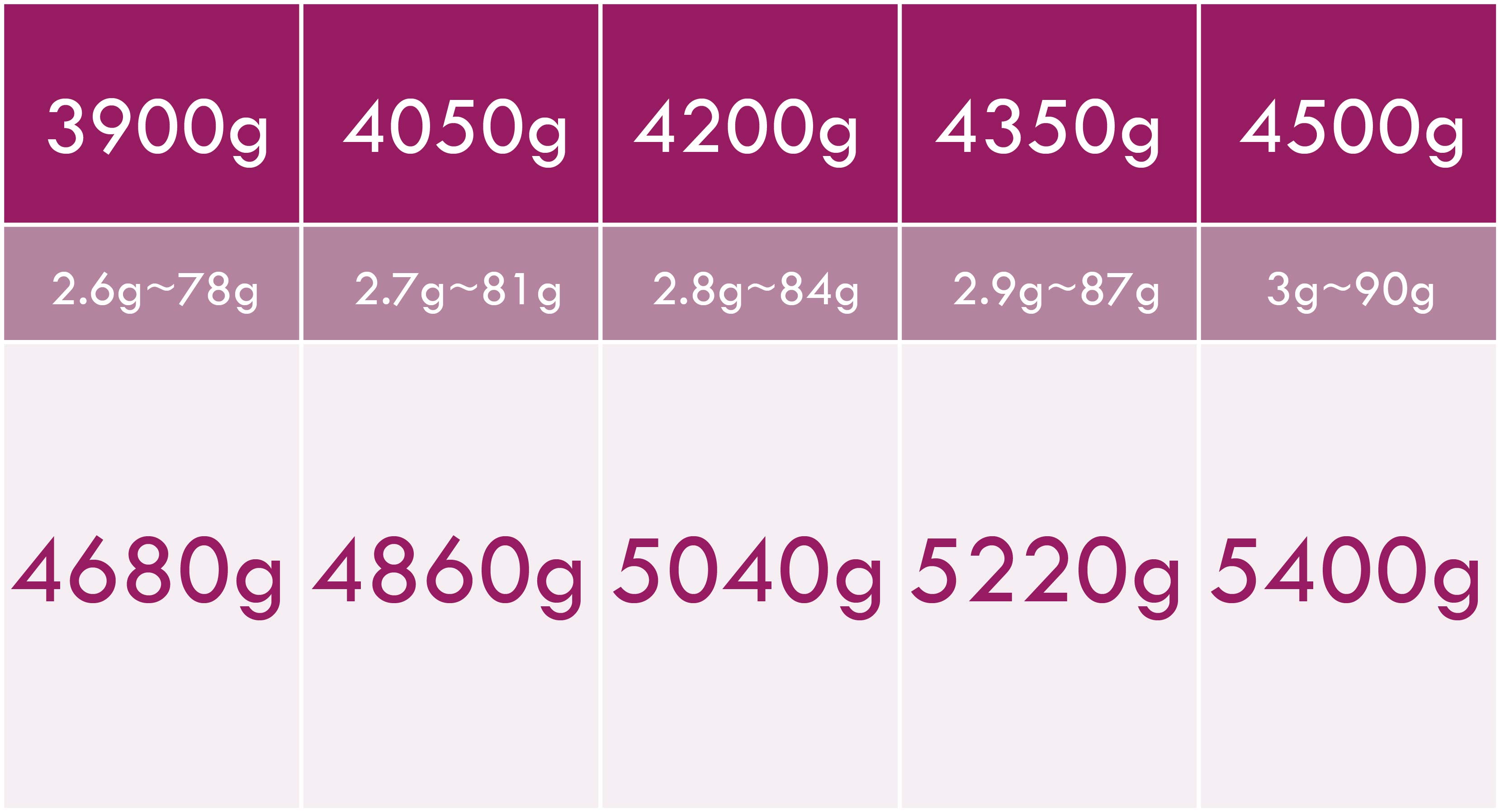
How to Make Barley Koji
In this video, we will explain the steps to making Barley Koji. Barley koji is used as the raw material for making Japanese fermentation food such as barley miso (麦味噌), kinzanji miso, and shoyu. At the sake brewery, barley koji also used to make barley shochu (麦焼酎). This recipe is an instruction from a Japanese koji manufacturer summarized by Kawashima the Japanstore. Please use this as a reference to how to make barley koji.
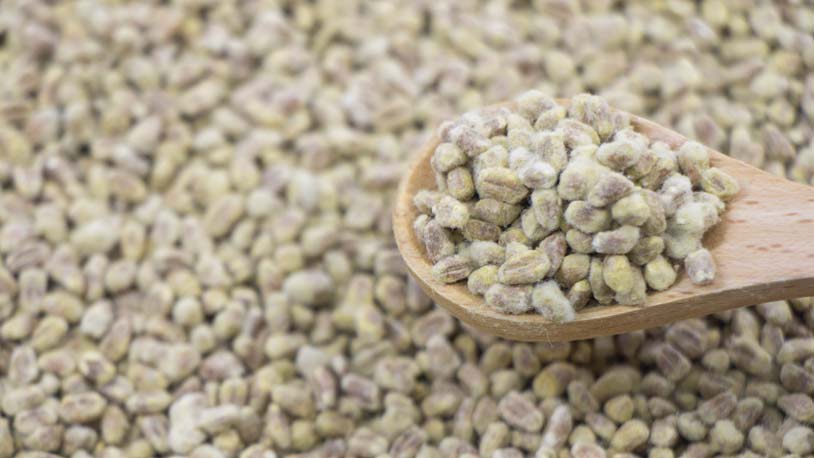
In this article, we will explain how to make barley koji (using koji starter, in this case, Aspergillus oryzae, inoculated on wheat/barley). We hope that you can make nice barley koji!
Other Tools to Use When Making Koji
Choosing the right tools will help you produce successful koji, an ingredient responsible for making Japanese fermented foods like Miso, Amazake, Sake, Shoyu, Mirin, etc. To help you produce successful koji, we provide Koji Tray Mini or Small Size that you can use along with this Cotton Cloth. And we also provide a Polypropylene Cloth as an alternative that can be used to make koji instead of Cotton Cloth. Check our recommendation products below:
Koji Tray (Morobuta/Kojibuta) Size S - Locally Made, 100% Natural Japanese Cedar Wood
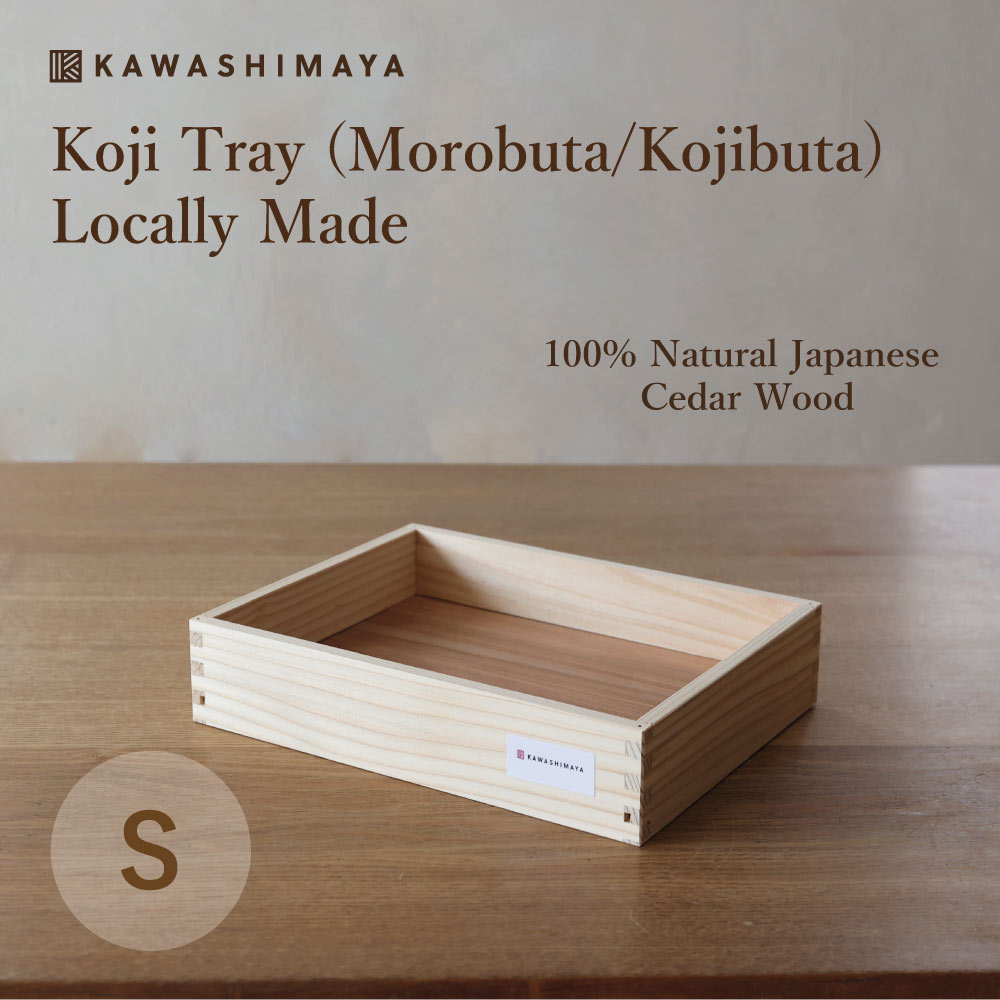
- Click here to view product
Koji tray small size is a professional-style container that is ideal for making koji at home. Called kojibuta or morobuta in Japanese, the koji tray is the proper tool to make koji.
This product itself is limited in the market. Crafted with local natural Japanese cedarwood, this product is constructed by hand, one part after another by skillful craftsmen.
Measurement: 28 cm x 21.5 cm x Height 5.5 cm
Polypropylene Cloth (Pairen) 44 × 46cm
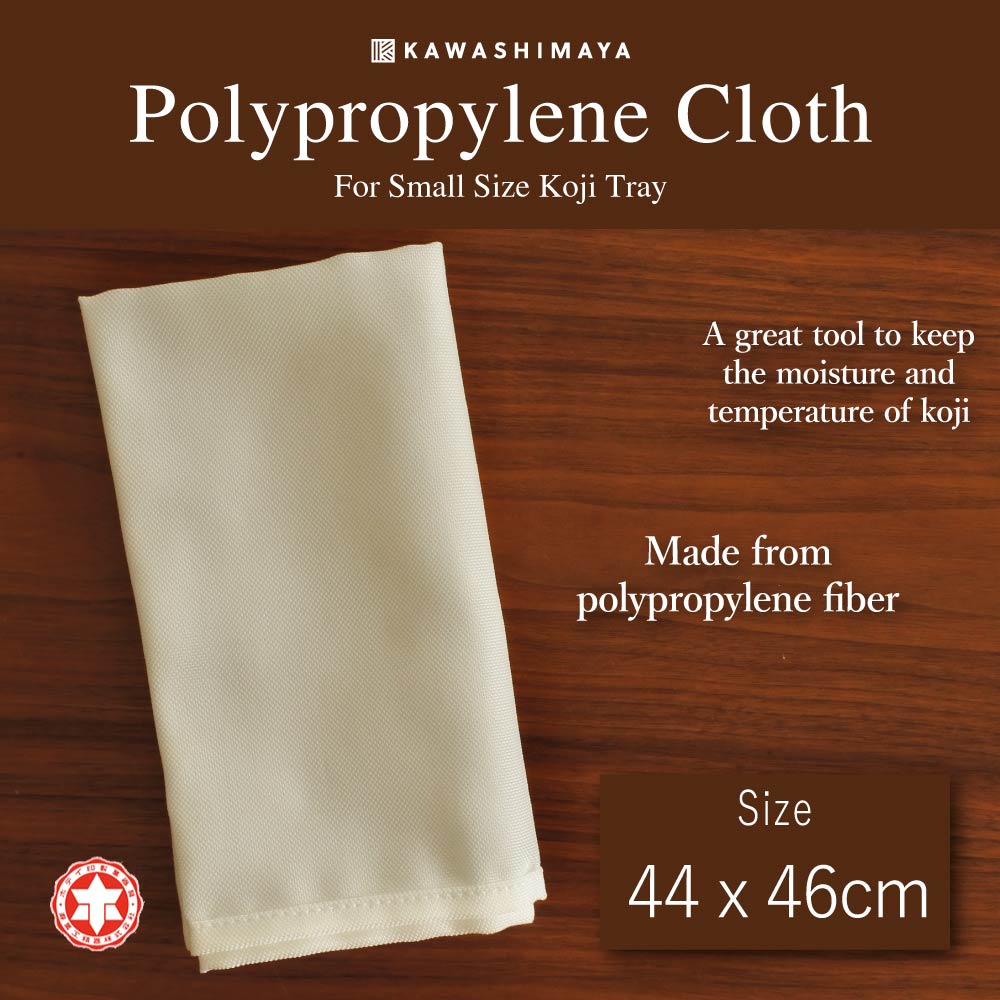
- Click here to view product
Make good-quality homemade koji using the cloth favored by koji maker professionals. Mat cloth from Polypropylene fabric prevents the spillage of raw ingredients. It also optimizes the humidity & temperature to keep the koji warm at the right temperature and smoothly finish the fermentation.
Measurement: (44 × 46 cm)
Customer's Voice
It was thicker than I had imagined. I'm planning to use this when making koji. (Male, 30s)
It is hard to see through and is solid bleaching. I chose a safe product because it is used directly for food. I'm satisfied. (Male, 40s)
I can't find bleached clothes of this size in other stores, so it's beneficial. It is a product that I want you to deal with constantly. (Female, 40s)
| Product Details | |
|---|---|
| Size | 33cm x 40cm |
| Material | Japanese Cotton 100% |
| Manufacturer | Fujiki Cloth Factory |
| Country of Origin | Japan |
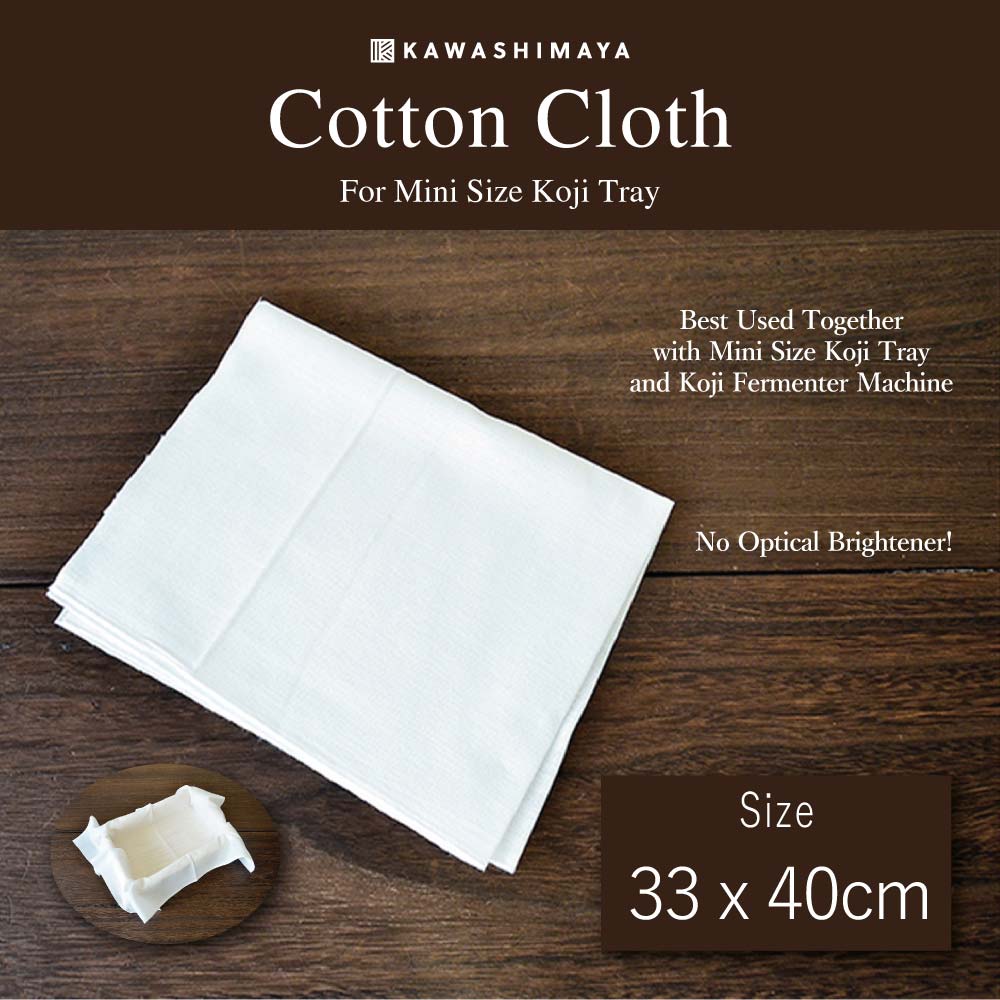
Why shop with KAWASHIMAYA?
- We sell only authentic and high-quality products
- 100% Made in Japan products are as listed
- Organic and non-GMO products are as listed
- All products are new and have long expiry date
- All products are handled directly from our warehouse in Tokyo, Japan
- Easy and secure payment options with CC or PayPal
- Safe and insured international shipping methods
- English and Japanese customer support by email
- Wholesale discount prices available for selected products
- Find insightful articles from KAWASHIMAYA Blog
- Get exclusive discounts for KAWASHIMAYA Newsletter subscribers
- Easy shop on KAWASHIMAYA Amazon USA

